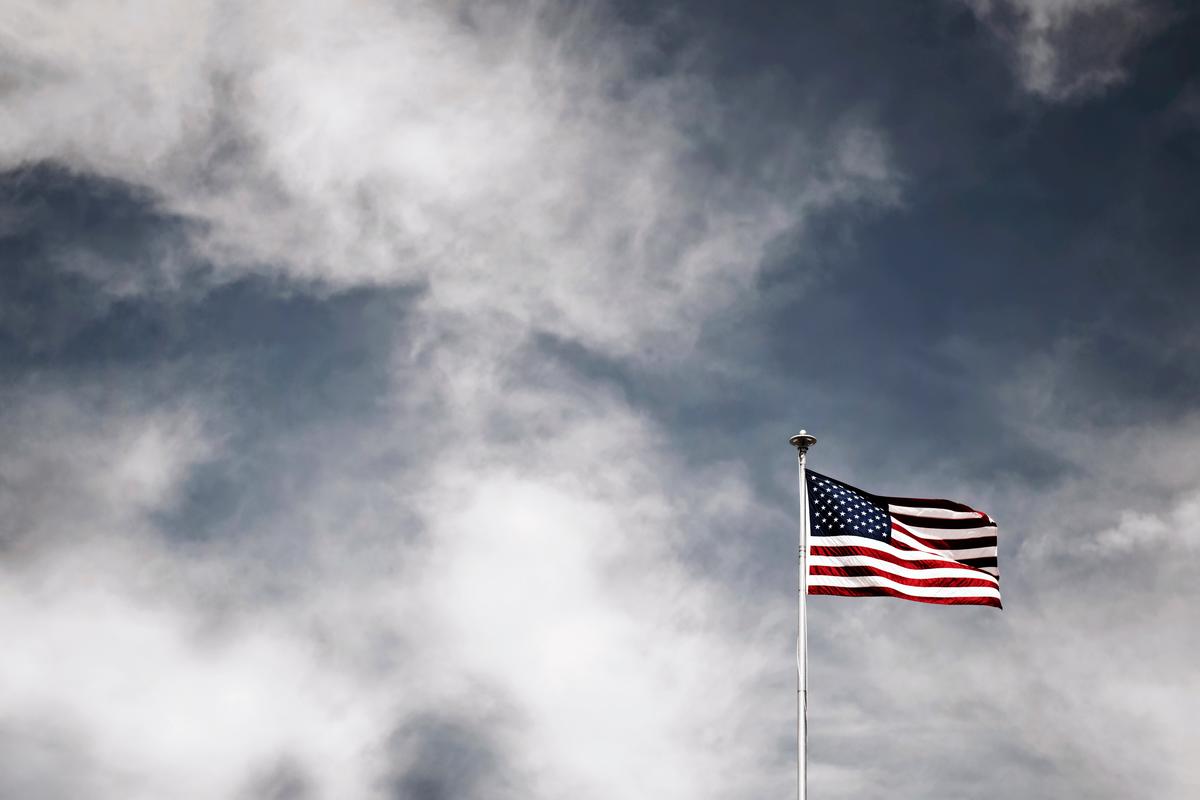I have just read the Pew Research Center report on Trust and Distrust in America that came out this week. There are many familiar themes, including “mass-class” divide, doubts about government, and deep concern about the quality of information. But there are several new points, notably skepticism about business leaders and lower trust in each other. Here are the most salient findings:
1. Personal Trust Linked to Income, Age, Ethnicity — High trusters are 22 percent of the population, low trusters are 35 percent of the population and medium trusters are 41 percent of the population. The most trusting groups are people with postgraduate education, whites, $75,000-plus income and over 65 years in age. The least trusting groups are people with high school or less, blacks and Hispanics, under $30,000 income, and 18-to-29 year-olds. The gaps are profound; for example, the youngest cohort (18-29) has 46 percent low trusters, versus only 19 percent for those age 65-plus. The authors conclude, “Personal trust is like many other personal attributes and goods that are arrayed unequally in society.”
2. Business Leaders Have a Problem Among Youth and Democrats — Only 34 percent of respondents 18-29 express confidence in business leaders, while 69 percent of them have confidence in the military and 82 percent in scientists. Confidence in business leaders is not high among the 30-49 cohort (40 percent), nor among age 60-plus (50 percent). Only elected officials rank lower at an average of 35 percent confidence. Among Republicans, confidence in business leaders is 53 percent versus 35 percent for Democrats.
3. Low Trust in Government Linked to Performance and Ethics — Three-quarters (76 percent) of respondents said that Americans are less confident in the federal government than a generation (20 years) ago. One reason is general government performance and gridlock (36 percent), followed by President Trump’s performance and behavior (13 percent). Two-thirds of respondents believe that ethics in government is a very big problem, with half (53 percent) saying that lobbyists and special interest groups are problematic.
4. We Have Lost Trust in Each Other — Seventy-one percent of respondents said that Americans have become less confident in each other in the past 20 years. The most frequently cited causes are societal problems, with 29 percent saying they cannot trust neighbors or fellow citizens, and 24 percent saying that polarization comes from tribalism. One respondent said, “Everything is more polarized. It is generally more difficult to disagree with someone, come to a general understanding and move on.” Fifty-eight percent are not confident that their fellow Americans are able to cast informed votes in elections or have civil conversations with those holding different views.
5. Respect for Rights of People Not Like You — There is a 32-point gap between those 18-29 years old and 65-years-plus (35 percent versus 67 percent) in confidence that Americans respect the rights of others who are not like them. Younger people also have less confidence that society does what it can to help those in need compared to the older generation (53 percent versus 80 percent).
6. Struggle with Truth and Accuracy — Two-thirds of respondents say that it is hard to tell what is true when elected officials speak. More than half said that made-up news and information is a big problem in the U.S., with two-thirds saying this has a major impact on Americans’ confidence in government. A stunning 69 percent said that the federal government intentionally withholds important information from the public. The news media is seen as partisan, with 61 percent saying that the media intentionally ignores stories that are important to the public.
7. There Is Hope — Eighty-four percent of respondents believe that it is possible to improve the level of trust in the federal government, and 86 percent believe it is possible to improve our trust in one another. The key to change is better government transparency, term limits, more honesty from politicians and improvements in political leadership. Meanwhile, there can be higher trust in one another with less partisan and tribal behavior, reform of the news and the election of better leaders.
This Pew study is a must-read for everyone in a leadership position, who must recognize the deep skepticism of the young and disadvantaged.
We are in the process of drafting our questionnaire for the 2020 edition of the Edelman Trust Barometer. In our study we will put greater focus on the role of business — a critically important and rising force in global governance — than Pew has done here. The basic thesis of our 2019 study was that trust had become local, with important consequences for companies and their CEOs, who are now expected to speak up on issues such as pay, diversity and retraining. The fears of downward economic mobility, being replaced by a robot and lacking the necessary skills to compete in today’s job market are all best managed by the private sector. This is the moment for business to step up by offering tangible programs that reassure workers about their future while improving performance on sustainability and diversity.
Richard Edelman is president and CEO.




